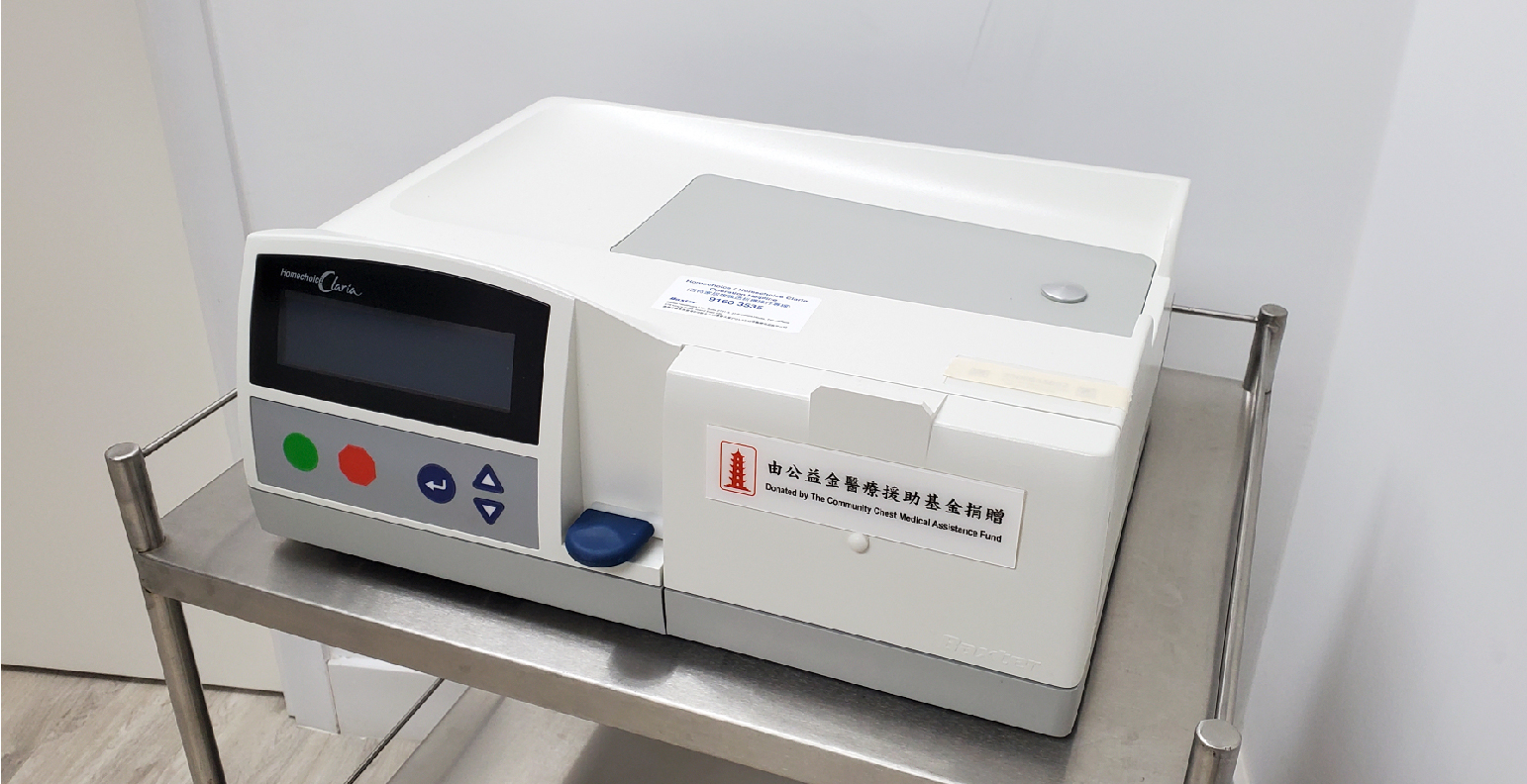Charitable Medical Fund Gives Hope to Patients and Families
Advances in medical technology have led to better and more effective treatments for patients, thus giving hope to patients and their families. Yet, this may also mean that their medical expenses will see a corresponding hike, leading to a heavier financial burden.
In light of the situation, The Community Chest Medical Assistance Fund (MAF) was set up with HK$50 million drawn from the donation reserve in 2022/2023. Launched in April 2022 and rolled out in phases, the MAF joins hands with different member agencies to support designated beneficiaries who fall outside the existing public and private medical assistance schemes so as to improve their quality of life, lessen their financial burdens and reduce their waiting times. The first phase covers three designated groups, and patients with end-stage kidney disease are one of the beneficiary groups.
Ms Chan is 22 years old and requires peritoneal dialysis to treat IgA nephropathy, or Berger’s disease. She lives in a public housing unit with her husband, daughter and her husband’s parents. Ms Chan said: “I use the automated peritoneal dialysis machine at night so that I can work as a part-time barista during the day. It doesn’t affect my daytime activities and lessens the financial burden on my family.”
Mr Chan is 51 years old and has diabetic nephropathy; his condition has progressed to end-stage kidney disease. Two years ago, one of his legs was amputated because of diabetes. Currently, he has a prosthetic leg so that he can get around more easily. Mr Chan is unemployed and relies on his savings to make ends meet. He said: “I hope that by using the automated peritoneal dialysis machine at night, my condition can be stabilised so that I can go back to work.”
The Chest provides funding to member agency Hong Kong Kidney Foundation to purchase new automated peritoneal dialysis (APD) machines, so that they can be loaned to patients for free. APD allows patients to undergo treatment at night so that they can carry out normal activities during the day. Compare with continuous ambulatory peritoneal dialysis, APD is more time-saving and convenient, and it also improves the patients’ quality of life.

